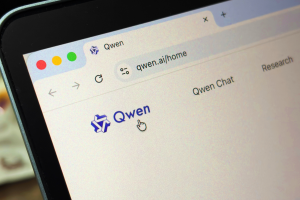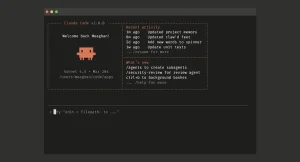OpenAI Faces New Challenges in Legal Arena

The technological landscape is ever-evolving, and with innovation comes challenges. Companies like OpenAI are at the forefront, yet find themselves navigating turbulent waters. The recent legal tussle with prominent figures like Elon Musk and other corporations highlights this.
As AI reshapes industries, disputes are inevitable. The stakes are high, and the outcomes of these legal confrontations could set significant precedents. The world watches as these titans clash, wondering about the implications for technology and society.
The Legal Showdown Begins
Elon Musk’s recent legal actions against OpenAI mark a significant development. His injunction aims to stop OpenAI’s move toward a for-profit model, accusing them of unfair practices.
This isn’t just about corporate rivalry; it’s about the fundamental direction of AI development. Musk’s challenges also include a separate case by Canadian news organizations, accusing OpenAI of misusing their content.
Impact on OpenAI’s Operations
The legal issues OpenAI faces could have profound impacts on its operations and strategies. If Musk succeeds, it may alter OpenAI’s structural and strategic future.
As legal teams gear up, OpenAI might need to consider restructuring its approach to AI advancements. However, they remain focused on innovation and ethics.
Musk’s Motivation: A Closer Look
Musk’s concerns center around AI’s potential impact on humanity, emphasizing the need for ethical oversight.
While some see this as a business tactic, others argue it might be driven by genuine concern for technological impacts on society.
OpenAI’s Perspective
From OpenAI’s standpoint, the legal battle is an obstacle but not an end.
The company continues to defend its position, highlighting its commitment to ethical AI development. OpenAI’s leadership sees these challenges as opportunities to reinforce their dedication to responsible innovation.
Their response emphasizes transparency and openness, aiming to maintain public trust amidst scrutiny.
Ripples in the AI Industry
These legal developments could ripple across the AI industry, influencing how companies approach innovation.
The outcomes might dictate future business models, partnerships, and ethical frameworks. As AI becomes more integrated into daily life, legal and ethical considerations become crucial.
The industry waits to see whether these cases will inspire broader regulatory changes or encourage more self-regulation.
Wider Implications for AI and Society
The implications are not only technical but social, prompting discussions about AI’s role in everyday life.
These cases highlight the need for a balanced approach that considers progress, ethics, and societal impact.
Panasonic’s Unusual Approach to AI
Such creative endeavors reflect the versatile and sometimes unexpected applications of AI.
While it raises questions about ethics and legacy, it emphasizes AI’s potential to evolve human experiences.
Amazon’s AI Ambitions
This signals a race for leadership in AI innovation, driving companies to push boundaries.
As AI becomes more central to business strategies, the balance between competition and collaboration remains crucial.
A New Chapter in AI’s Ethical Journey
With companies exploring different applications of AI, the need for ethical guidelines becomes more apparent.
As society navigates these uncharted waters, these cases serve as a reminder of the importance of responsible innovation.
As OpenAI’s legal saga unfolds, it reminds us of the fragile balance between progress and ethics. Such disputes shape the future of technology.
In navigating these challenges, OpenAI and the industry at large have an opportunity to lead with integrity. The world watches, eager to see how these events will redefine the AI landscape.






